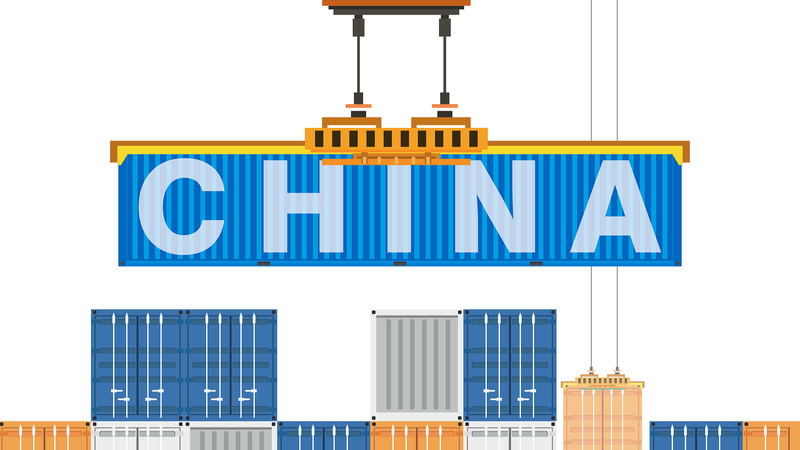With the world’s population set to soar to ten billion in the next century, ensuring food security has never been more critical. Currently, our global food system is struggling to feed everyone adequately, while also contributing to serious environmental issues. It’s clear that radical reform is urgently needed.
Last year, around 735 million people faced hunger, and 828 million were undernourished. Shockingly, nearly 148 million children under five suffered from stunting. At the same time, rising obesity rates in many communities show that lack of access to healthy foods is forcing people to rely on unhealthy options, increasing the risk of chronic diseases like diabetes and heart disease.
Malnutrition, whether it’s being underweight or overweight, weakens individuals’ health and makes them more susceptible to infections, creating a vicious cycle of poor health outcomes. The constant battle to secure enough nutritious food also impacts mental health, leading to anxiety and depression. A recent United Nations report highlights that the right to food and the right to health are deeply interconnected.
The environmental toll of our current food system is staggering, accounting for about a quarter of global greenhouse gas emissions and consuming nearly half of the world’s habitable land. This has led to the destruction of vital ecosystems, including large portions of the Amazon rainforest, which are essential for maintaining biodiversity and combating climate change.
The widespread use of pesticides further exacerbates environmental degradation and poses serious health risks to agricultural workers and local communities. For example, the contamination of the Pasión River in Guatemala with malathion pesticide resulted in the death of thousands of fish, depriving around 12,000 people of their main food source and livelihood.
These challenges disproportionately affect the poor and marginalized, particularly in the Global South. In high-income countries like Australia, indigenous populations face obesity rates 1.5 times higher than their non-indigenous counterparts. Additionally, the control of 60% of the global proprietary seed market by just four agrochemical companies limits farmers in low-income countries to less nutritious and diverse crops, failing to meet local dietary needs.
To address these issues effectively, we need a food system grounded in human rights, recognizing that the rights to health, food, and a clean environment are interdependent. By adopting a rights-based approach, we can create a more equitable and sustainable food system that benefits everyone.
Reference(s):
cgtn.com




